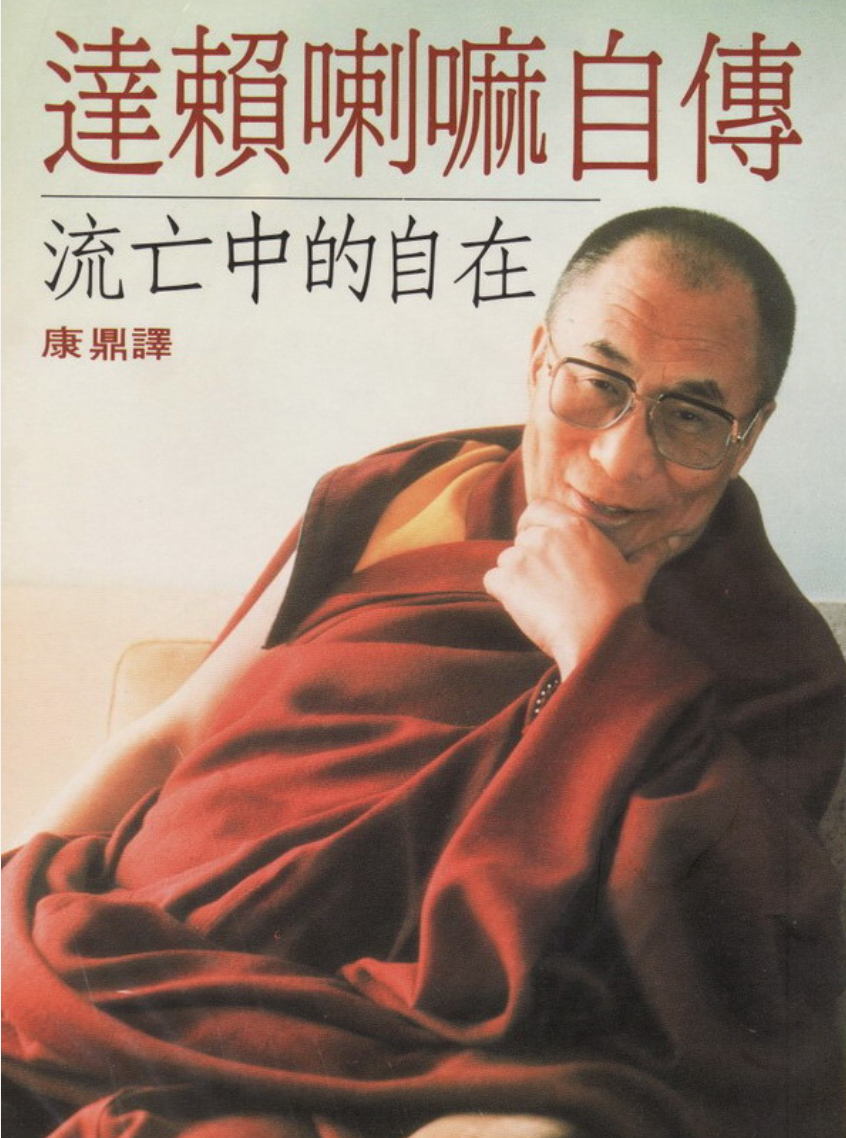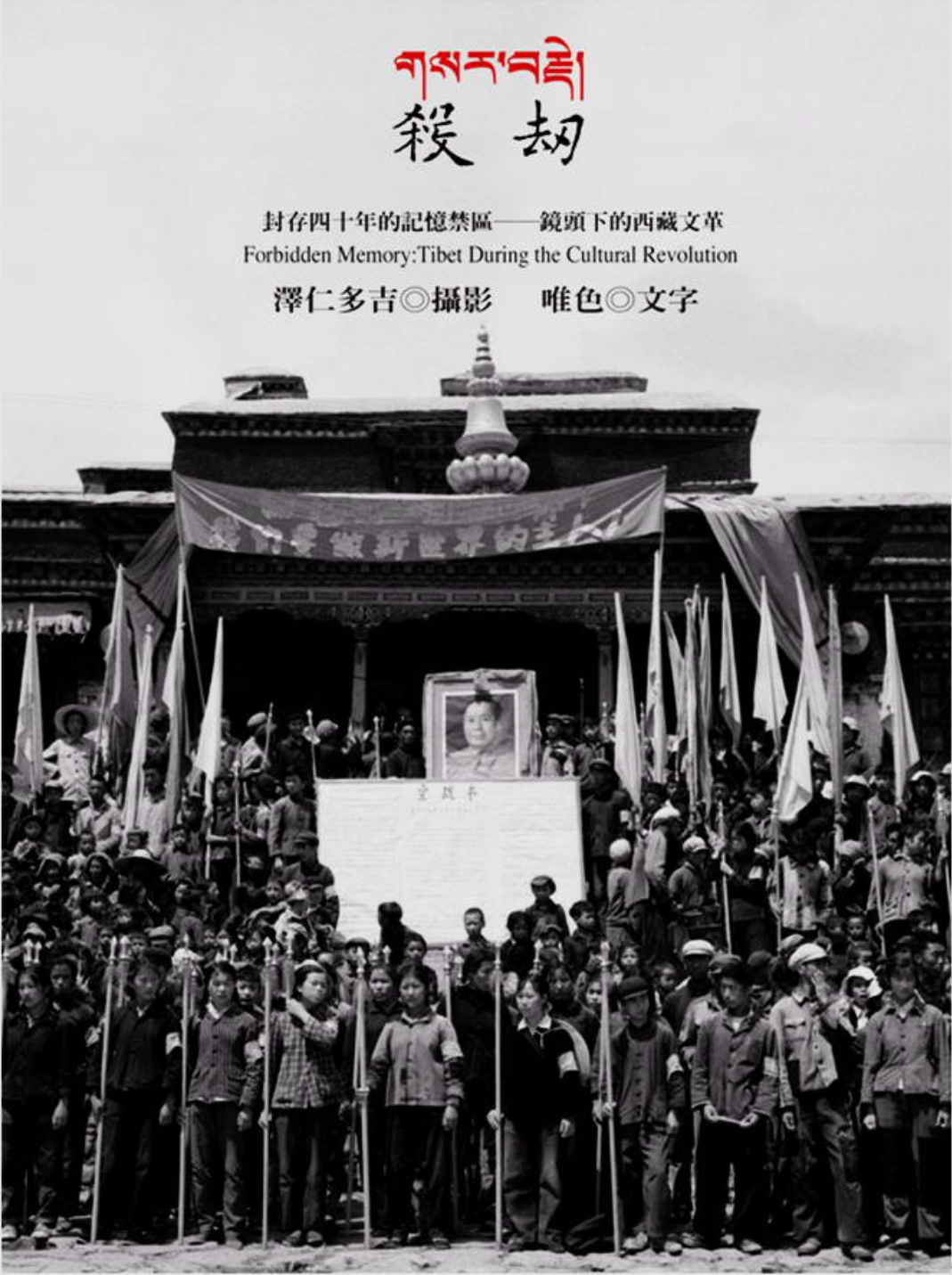Explore the collection
Showing 7 items in the collection
7 items
Book
Gu Zhun and His Times
This book is about Gu Zhun, a Chinese economist, historian and philosopher. Gu Zhun was the first person to put forward the theory of China's socialist market economy, which became a key concept in the Reform era, helping to justify the use of markets in a socialist system. He also devoted himself to the study of politics, history and philosophy, translating several foreign classic works on economics and democracy and writing a large number of articles. Due to his independent thinking and dissent, he suffered repeated political persecution, including during the Anti-Rightist Campaign and the Cultural Revolution (for more information on Gu Zhun, see his biographical entry). As he personally experienced the Anti-Rightist Campaign, the Great Famine, and the Cultural Revolution, his diary is also considered a valuable source of information on these historical events. By documenting and analyzing his life, thoughts, and the eras in which he lived, Wang's book shows how Gu Zhun persisted in his "pursuit and search for the freedom and equal rights that are inherent to all human beings " (author's preface) in an era when independent thinking was suppressed. This book was published in 2015 by the Great Mountain Culture Publishing House in Hong Kong.
Book
Killing and Hijacking: Tibet's Cultural Revolution Through the Lens
In 1966, when the flames of the Cultural Revolution began to spread, writer Tsering Woeser (唯色) was born in the General Hospital of the Tibetan Military Region. Her father was an officer in the People's Liberation Army (PLA) in Tibet at the time, and an avid photographer. Through his camera lens, the officer recorded the most comprehensive collection of images of the Cultural Revolution in Tibet to date. Tsering Woeser, on the other hand, restores and records the story behind the camera lens: It was an attempt to fight against oppression and preserve the true history of Tibet during the Cultural Revolution.
Book
Pastor Wang Yi's Anthology: Carrying the Cross - A History of Chinese Family Churches
Wang Yi, of Chengdu, Sichuan Province, is a well-known Chinese intellectual who later became a pastor. The Early Rain Reformed Church that he led was one of the most famous unregistered churches in China. The church occupied the floor of an office building in Chengdu and had its own bookstore, seminary, and pre-school. It regularly had services of hundreds of people. Later, the church had internal conflicts, while at the same time Wang became more outspoken in his criticism of the government. In 2018, he criticized Xi Jinping for abolishing term limits and allowing himself to become ruler of China for life. Pastor Wang was sentenced to nine years in prison in 2019.
This book is based on the recordings of Pastor Wang's classes at Early Rain in 2018. The first five chapters were reviewed by Pastor Wang himself, but he was arrested before he could complete the review of the last five chapters. The essays cover key issues that concerned Wang, including the role of the church in China as a city on the hill, the role of the Reform church in China, and the history of unregistered churches in China.
Book
Sky Burial: The Fate of Tibet
In this book, author Wang Lixiong presents his arguments with a great deal of personal experience and field work. The book covers the history of the Tibetan issue, the current situation, and various aspects. The book was first published by Mirror Books in Hong Kong in 1998, and an updated edition was released in 2009.
Book
Tibet in Agony: Lhasa 1959
Traveling Chinese history scholar Li Jianglin began working on the Tibet issue in 2004. She has traveled to India every year in search of Tibetan refugees, visited 14 Tibetan refugee settlements in India and Nepal, contacted more than 200 exiled Tibetans from the three regions of Tibet, and personally interviewed the Dalai Lama in Dharamsala, the seat of the Tibetan government-in-exile, in 2008. In 2010, Li Jianglin completed her book <i>Lhasa 1959!</i> by drawing on interviews, information searches, and rare historical photographs provided by the Tibetan government in exile, in the hope of reconstructing the little-known history of the Dalai Lama's departure from Tibet in 1959. The book was published by Taiwan's Lianjing Publishing House in 2010 and reprinted in 2016.
Book
When the Iron Bird Flies: China's Secret War in Tibet
Around the eighth century A.D., the founder of Tibetan Buddhism, Guru Rinpoche, prophesied, "When the iron bird flies in the sky and the iron horse runs on the earth, the Tibetans will be dispersed all over the world like ants, and the Buddha's Dharma will be spread into the land of the red people." More than 1,000 years later, in the middle of the 20th century, the Chinese Communist Party drove the "iron bird" across the sky and rode the "iron horse" across the plateau. The Tibetans courageously rose up to resist resulting in with countless deaths countless deaths. Those who survived were forced to leave their homeland and live in exile in India, drifting around the world. Thus, the prophecy came true. From a military point of view, the Tibetan war in Tibet was a victory, but it received only minimal publicity. The official version of the Party's history is either vague or evasive about the bloody massacre during the entry into Tibet, attempting to cover it up by "suppressing armed rebellion" and "purging counter-revolutionaries". More than sixty years later, this war has yet to be demystified. Li Jianglin, an independent scholar, was moved by the tragedy of the war and the plight of the Tibetans, and endeavored to restore the historical facts. Since 2004, she has devoted herself to research, visiting hundreds of Tibetan elders, searching for tens of thousands of historical materials, collecting military archives, and comparing them with the official published materials of the Communist Party of China, in order to present memories of past, little by little.






